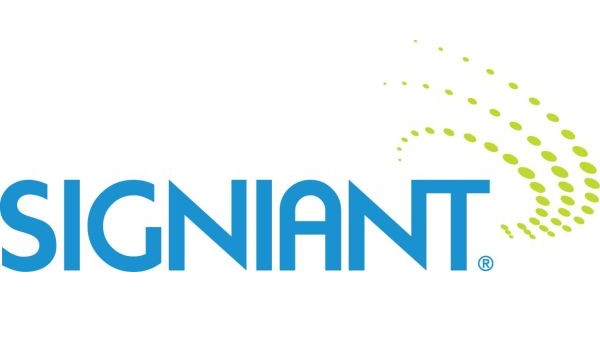Has NAB become a software show?
The professional video industry's #1 source for news, trends and product and tech information. Sign up below.
You are now subscribed
Your newsletter sign-up was successful
I almost feel a bit ‘down’ after this year’s NAB show. Where it not for some cool new cameras and 4K-like production tools, I couldn’t give you a list of really nifty things. (Of course our pick hit judges didn’t have that problem. The June issue has complete details.)
As I toured the NAB exhibition floor, multiple top flight exhibitors were showing what they termed 4K/2K workflow solutions. The products included cameras, storage and other products, all claiming to offer a 2K and up to 4K workflow. As a result, I soon began thinking 4K/2K was the significant theme of this year’s exhibition.
This remained my viewpoint going into the Pick Hits meeting, assuming the judges would be excited about these new higher resolution products.
While three new 4K/2K cameras were nominated, only one other 4K product was mentioned. When I asked the broadcast judges why more 4K solutions weren’t mentioned, all I got back were blank stares.
Upon reflection perhaps I should not have been surprised at the response. After all, TV stations can’t transmit the images. And, telling broadcasters it’s time to support even higher resolution video is like telling the person who just endured a root cannel, that he needs a few cavities filled. No thank you, once is enough.
That’s not in any way to denigrate the fine 4K/2K products that were demonstrated. Certainly there was plenty of excitement about them. But in large part could that have been because of the attractive price points? These new tools make it possible to capture and process really high resolution images for something less than the national debt.
Think back to all the excitement over 3-D at the 2010 NAB convention. The technology seemed hotter than an LV strip show. Even so, by the time the next convention rolled around, stereoscopic 3-D was scarcer than ice in the middle of a Nevada desert. How many stereoscopic 3-D products were released at this show? Could 4K/2K workflow solutions see a similar life span?
The professional video industry's #1 source for news, trends and product and tech information. Sign up below.
I remain convinced that 4K/2K solutions are here to stay. So for you early adopters, go for it. Your investments will likely pay off.
Another interesting theme was evident by its absence on the exhibition floor. After four days of booth tours, it was clear that overall fewer new products were introduced at this show than in recent years. I even asked one company about the low number of new products being introduced and was curtly told, by their PR staff, “We issued our press releases prior to the show.”
Well, yes you did and you know what? I didn’t see a single “new” product in the entire batch. The VP of technology then quickly chimed in saying that while it was true that no new hardware was announced, the company had “…produced several new versions of software.”
Perhaps that statement exemplifies the future direction of this show. While new solutions have traditionally been implemented as hardware, could software become tomorrow’s crowd pleasers—fewer pieces of iron and a more bits of code?
The CEO of one chip company told me, “With 25 GFLOPS on a single chip, requiring low power, providing high performance through massively parallel processors, solutions primarily become software.” He continued, “This kind of solution can reduce power consumption by a factor of 10 and development time by a factor of five.” From a vendor perspective, what’s not to like?
I enjoy attending NAB because of all the new bells and whistles and seeing innovative solutions tucked inside custom panels and boxes. And some things can never be replaced by software. An announcement about “New version 3.07 software” just doesn’t have the same wow factor as does “New 4K camera”.
What do you think?
